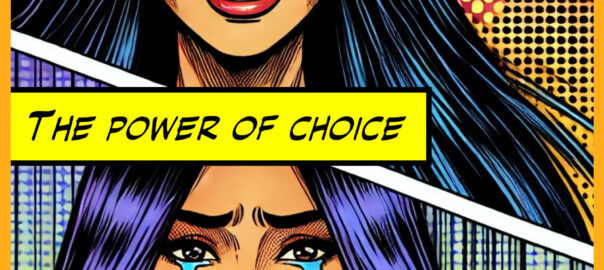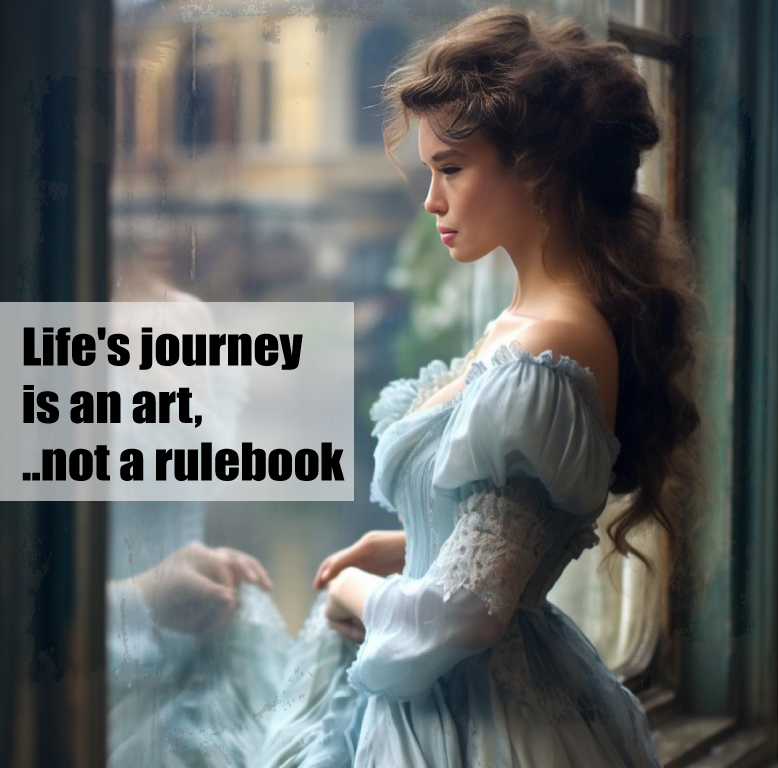
I am on holiday and enjoying it so much. As I bask in the freedom and leisure, I can’t help but wonder why humans need to work. The answer comes swiftly: “Hell yeah, I need some dresses, bags, and shoes!” But then, a deeper question arises: why is it necessary to live according to what others have? I could be homeless and enjoy freedom. Who told me to buy shoes to look good? Does it make me happy?
The Illusion of Necessity
In modern society, the compulsion to work often feels like an inescapable reality. We work to afford the lifestyle we believe is essential for happiness: nice clothes, a comfortable home, the latest gadgets. However, this perception is heavily influenced by societal norms and expectations. The pressure to conform and acquire material possessions can overshadow our true desires and needs.
The Influence of Society
Society plays a significant role in shaping our perceptions of success and happiness. From a young age, we are bombarded with messages that equate material wealth with fulfillment. Advertisements, social media, and even our peers contribute to the notion that owning more will make us happier. This leads to a cycle where we work tirelessly to keep up with these expectations, often without questioning their validity.
The Power of Free Will
Free will is our ability to make choices that are not predetermined by external circumstances or internal compulsions. It is the cornerstone of our individuality and autonomy. Exercising free will means critically examining our motivations and making conscious decisions based on our true values and desires.
The Liberation of Choice
Choosing to live differently—be it embracing minimalism, rejecting societal pressures, or redefining success—can be liberating. It allows us to focus on what genuinely brings us joy and satisfaction, rather than what we are told should. The power of choice lies in its ability to align our actions with our authentic selves.
The Path to Authentic Happiness
Authentic happiness is not found in accumulating possessions but in living a life true to oneself. This might mean prioritizing experiences over material goods, valuing relationships over status, or finding contentment in simplicity. By exercising our free will, we can create a life that reflects our true essence, leading to deeper and more lasting happiness.
Just a thought…
The power of choice is a profound aspect of human existence. It enables us to break free from societal constraints and live authentically. While the pressures to conform are strong, embracing our free will allows us to make decisions that resonate with our true selves. In the end, the path to happiness is not dictated by what others have, but by the choices we make for ourselves.


